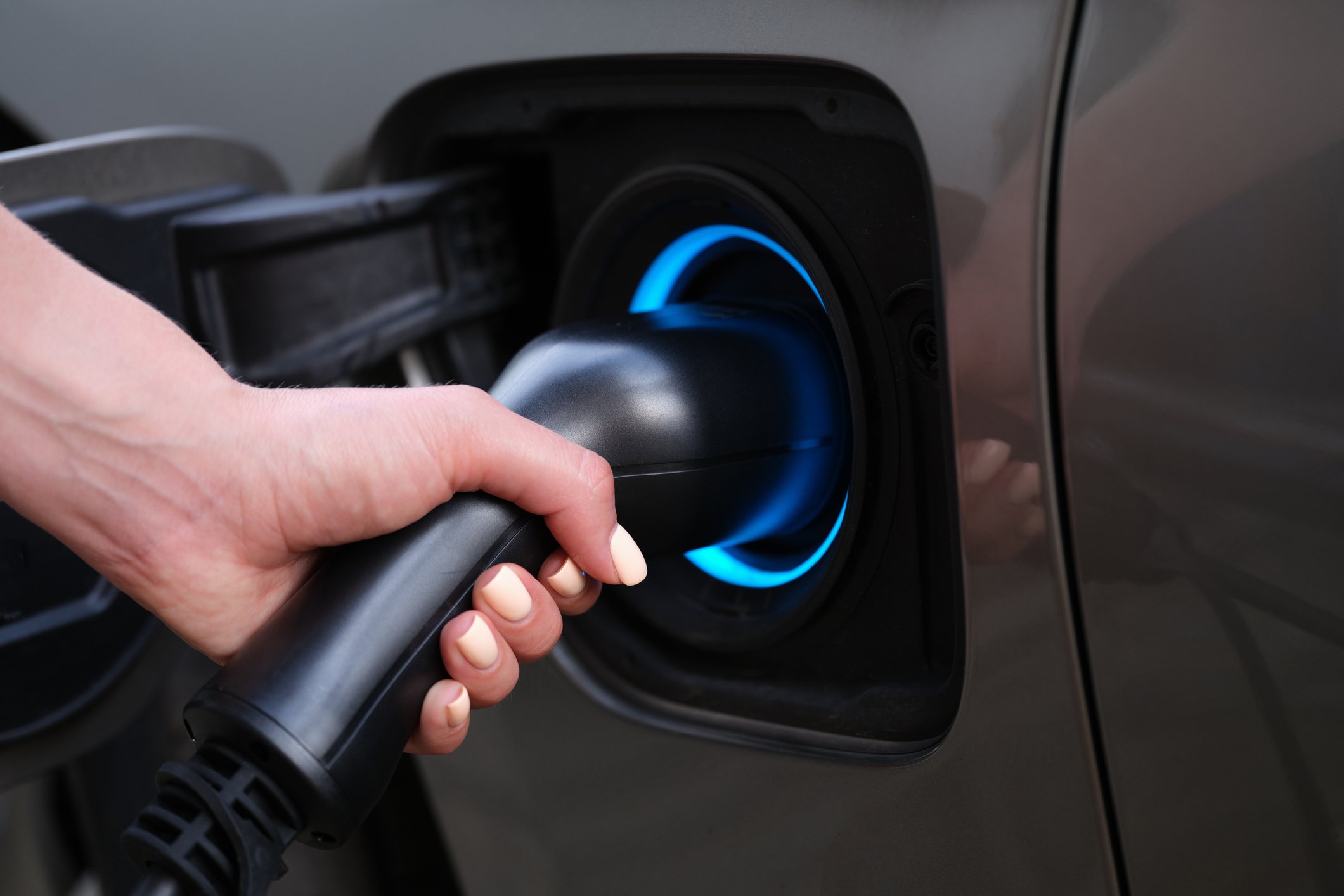
Sales of Honda's CR-V crossover are at record levels -- but the compact SUV's gains aren't enough to offset big declines in sales of Honda's flagship sedans. Source: Honda Motor Co.
Honda (HMC +2.85%) reported on Tuesday that its U.S. sales fell 6.9% in August, as modest gains in sales of crossover SUVs weren't enough to overcome a big drop in sedan sales.
Honda's result wasn't quite as bad as the 8.8% decline posted by larger rival Toyota (TM +3.46%). But it was a sobering result at a moment when many key rivals are posting record sales.
Booming CR-V sales aren't enough to offset Honda's sedan slump
Both Honda and Toyota -- like nearly all of their rivals -- are coping with a major shift in consumer preferences in the United States. With gas prices low, and car-based "crossover" SUVs more appealing than ever, more and more longtime sedan buyers are choosing SUVs instead.
For automakers with SUV-heavy lineups, that shift has been a hugely profitable boon. But Honda, like Toyota, has long relied on sedans for the bulk of its sales in the U.S. Honda's Accord and Toyota's Camry have long been among the best-selling vehicles (of any kind) in America -- but sales of both are down in 2015.
The Accord in particular has been especially hard-hit. Sales of Honda's longtime flagship were down almost 20% in August, and are down 14.8% for the year to date. The compact Civic hasn't fared quite as badly, but it hasn't done well: Sales fell 6% last month. And after a promising start last year, sales of the small Fit have plummeted: It's down 30% in 2015.
Not all of the news was bad for Honda. The compact CR-V crossover SUV has out-sold the Accord in 2015; it leads its segment and has become one of America's most popular vehicles of any kind. Sales were up another 2% last month to a whopping 34,771, breaking an all-time monthly sales record for the model. And the smaller Fit-based HR-V crossover added another 4,567 sales to Honda's small-crossover total in August.
Crossovers are more profitable than their sedan siblings, generally speaking, and the CR-V -- which is mechanically related to the Civic -- did help boost Honda's profit last quarter. But the CR-V's appeal hasn't been enough to offset the sales lost by consumers' sharp turn away from Honda's long-vaunted sedans.
Will fresh versions of the Accord and Civic reverse Honda's slump?
Honda may not be able to boost production of the CR-V without huge investments in new assembly lines. Unless it has a new crossover model up its sleeve, it will need to find some way to get its sedan sales growing again.
New products might help. Honda does have an all-new 2016 Civic coming to the U.S. late this year, with sportier styling and turbocharged engines that should add some excitement to a model long known mostly as an affordable, efficient transportation appliance.

Honda showed this "preview" of the 2016 Civic in New York in April. The production model is expected to share much of this car's striking styling. Source: Honda Motor Co.
It's also releasing a revised version of the Accord. The 2016 Accord isn't all-new like the Civic, but the changes to the sedan go beyond what most automakers do to refresh a product in the middle of its lifecycle. The Accord gets revised styling, structural and suspension tweaks to improve ride and reduce noise inside the car, and a new touchscreen system that incorporates Apple CarPlay and Google's Android Auto.

The Accord isn't all-new, but the midsize sedan will get a fresh face and a host of updates for 2016. Source: Honda Motor Company
New Honda CEO Takahiro Hachigo has promised more changes, including sportier styling for future Hondas and larger helpings of advanced technology. But those changes will take months or years to make it to U.S. Honda dealers.
Will fresh versions of the Civic and Accord help give Honda's car sales a boost? They're likely to help somewhat -- but whether they'll pull enough buyers away from SUVs to jump-start Honda's U.S. sales growth is an open question. We'll find out.







